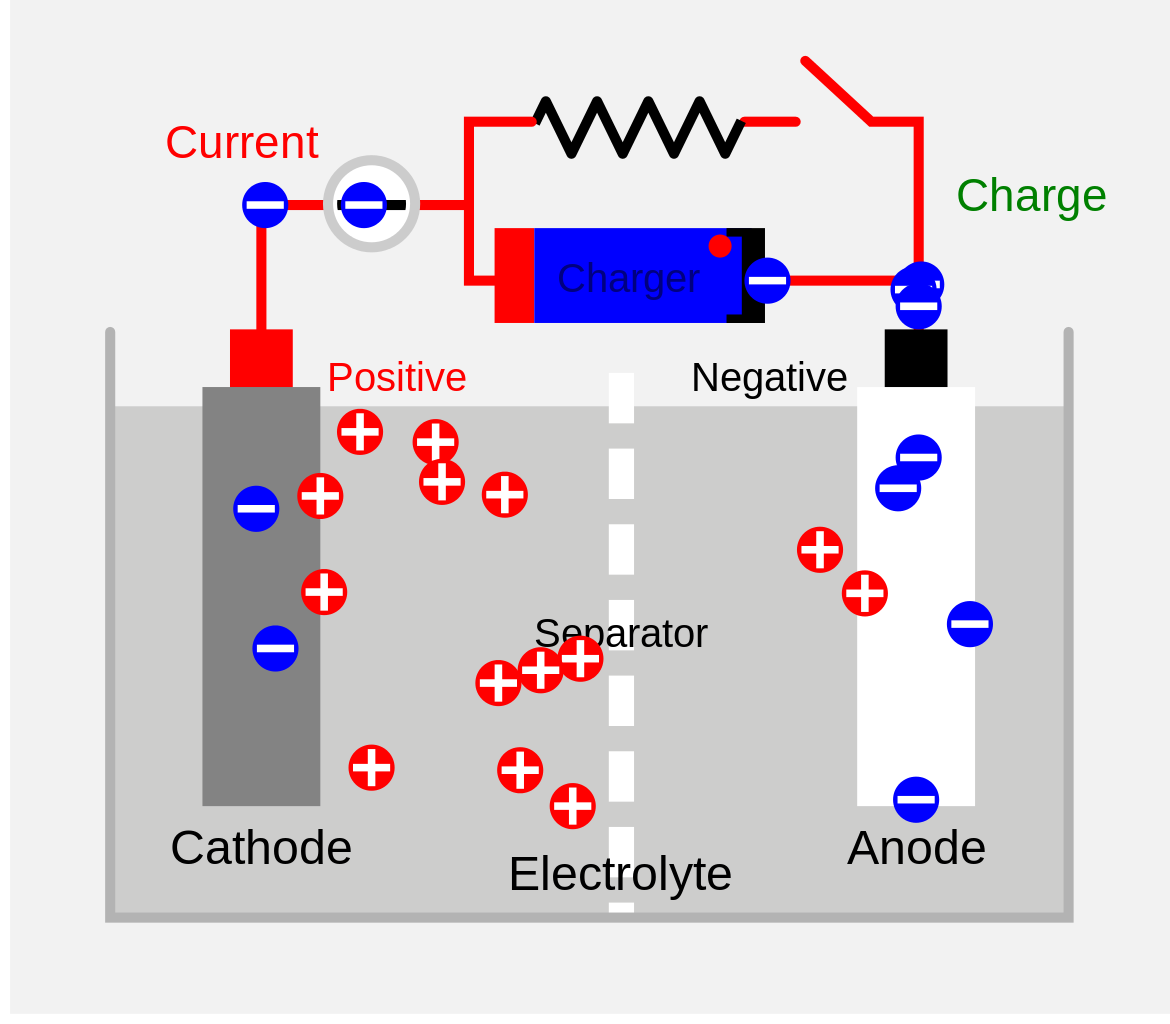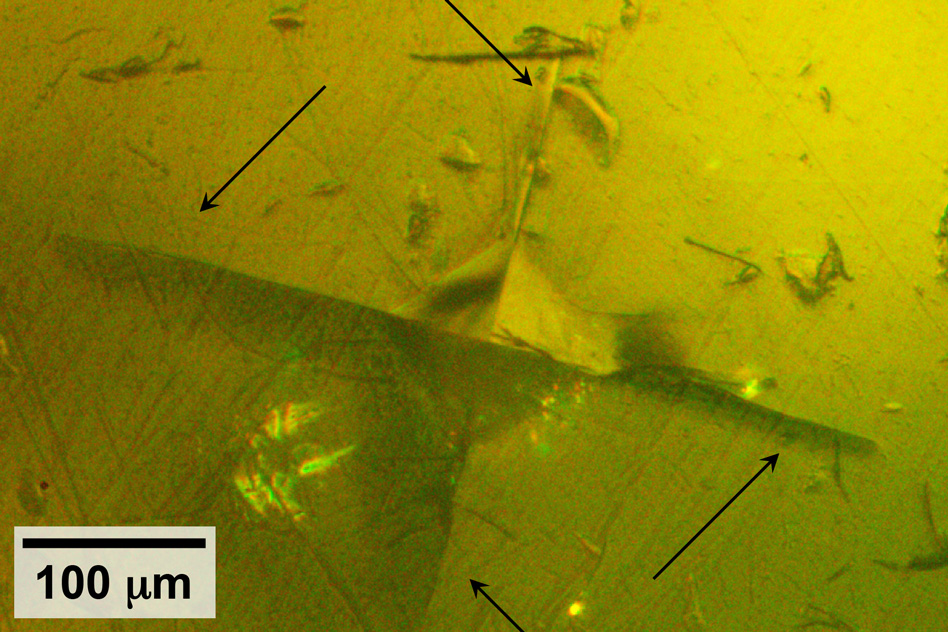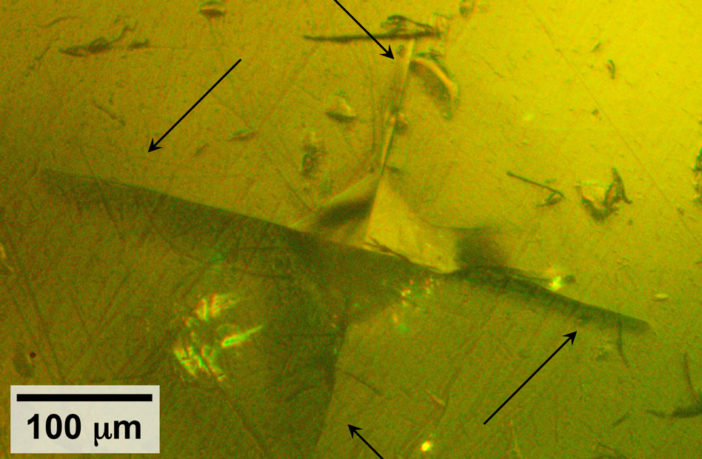
Solid lithium-ion batteries are back in the news again. Most commercial batteries – outside of lead-acid ones – comprise a polymer membrane separating two electro-chemically active electrodes. A gel or liquid electrolyte infuses the polymer membrane.
In this way, it separates the electrodes but allows the ions to exchange between them.
However scientists at the Massachusetts Institute of Technology would like to develop solid lithium-ion batteries instead.
The Case for Inventing Solid Lithium-Ion Batteries
Graduate students at MIT see distinct advantages coming from solid lithium-ion batteries. The primary benefits appear to be:
- These solid state lithium-ion batteries could be virtually non-flammable
- Solid lithium-ion batteries would be denser with more storage capacity
- Dendrites should no longer reach across and short-circuit the electrodes
“The liquid electrolytes tend to be chemically unstable, and can even be flammable,” the team explains. “So if the electrolyte were solid, it could be safer, as well as smaller and lighter.”
The Next Bridge to Cross: Choosing the Solid Electrolyte
‘Solid lithium-ion batteries’ rolls easily off the tongue, but there is more to it than that. Because battery electrodes contract and swell as they exchange ions in charging and recharging. This could mechanically stress the solid electrolyte. Thus it could crack, and then permit dendrites to reach across from one electrode to the other.

The researchers at the Massachusetts Institute of Technology have been testing sulfide-based materials as possible solid electrolytes. Until recently, their challenge was finding ways to stress them given their flammability in air.
Then they found a way to indent the material while immersing it in oil. The photo shows cracks developing at the corners of the pyramid shaped probe.
The Road Ahead for Solid Lithium-Ion Batteries
The semi-failure of their experiment does not daunt the researchers’ enthusiasm. “Because we have to design around that knowledge and there are many other candidates,” they say. They know solid lithium-ion batteries would have a far longer life cycle than conventional ones. That surely is a goal well worth pursuing, no matter how long it takes.
Related




